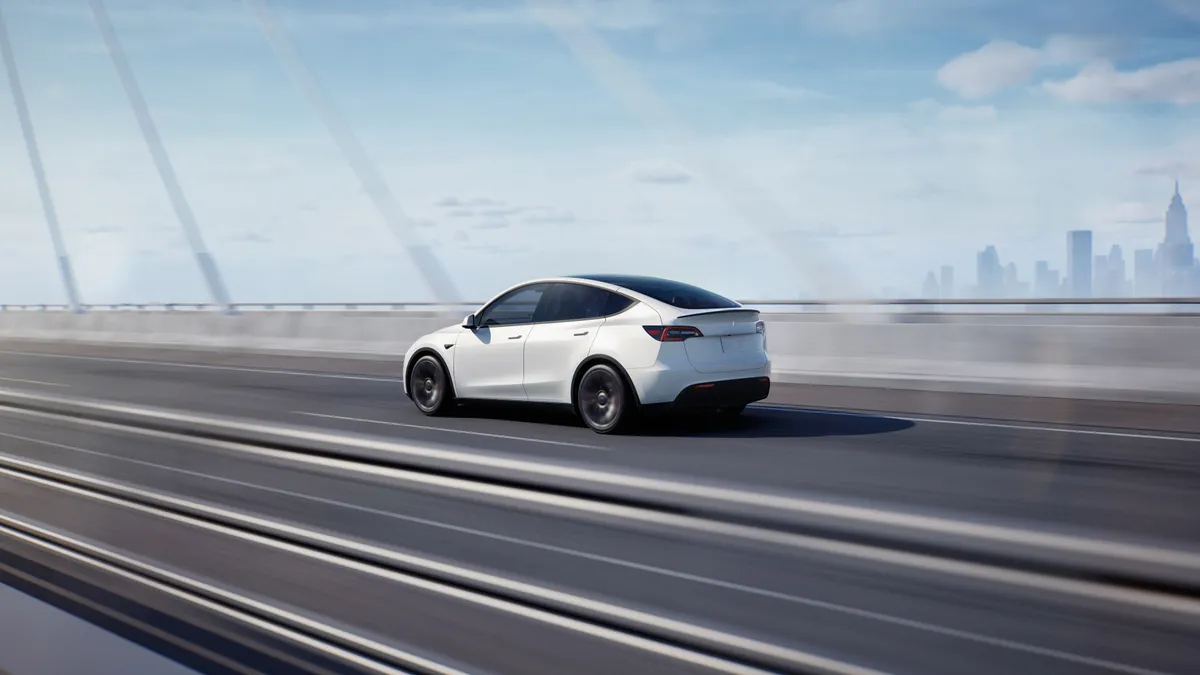A rise in financing for new electric vehicle purchases and leases may signal growing interest in EVs among consumers, a report from credit bureau Experian suggests.
While automakers have slowed their electrification transitions, citing slowing demand for battery electric vehicles, Experian research found that new EV financing accounted for more than 10% of all new vehicle financing in Q3 2024, up by 30% from a year ago. The share of financing for hybrids and plug-in hybrids also rose year-over-year by more than 26% and nearly 7%, respectively.
The State of the Automotive Finance Market Report for Q3 2024, published by Experian in early December, relies on Experian market intelligence databases on credit market trends as well as dealers’ loans and leases.
“The growth in EV financing can be attributed to two factors: the EV tax credit and more affordable models hitting the market,” Melinda Zabritski, head of automotive financial insights at Experian, said in a statement. If a vehicle is eligible, consumers can claim a federal EV tax credit of up to $7,500.
Zabritski added that EV leasing incentives — discounts, rebates and the like — have also helped make EV purchases more affordable.
Indeed, according to the Experian report, leasing was the most popular method of acquiring a new EV in Q3 for the first time since 2019 with nearly 45% of EV buyers leasing their vehicles. In previous years, the majority of EV buyers took out loans.
According to Experian, the new preference for leasing an EV is likely because of a lease’s lower average monthly payment versus a loan: monthly lease payments for new EVs were $198 less on average than new EV monthly loan payments.
Tesla was the most popular EV brand leased in Q3, Experian reported. Leasing rates for Teslas more than doubled from the previous year.
Per the report, the top three EV models consumers acquired in Q3 were all Teslas — the Model Y, Model 3 and the Cybertruck — with the Tesla Model Y accounting for nearly a third of all EV transactions.












